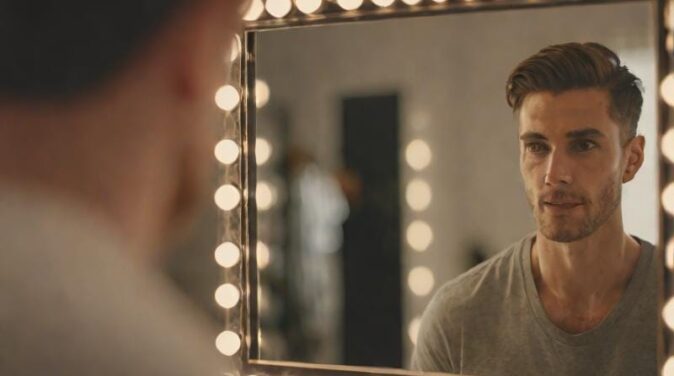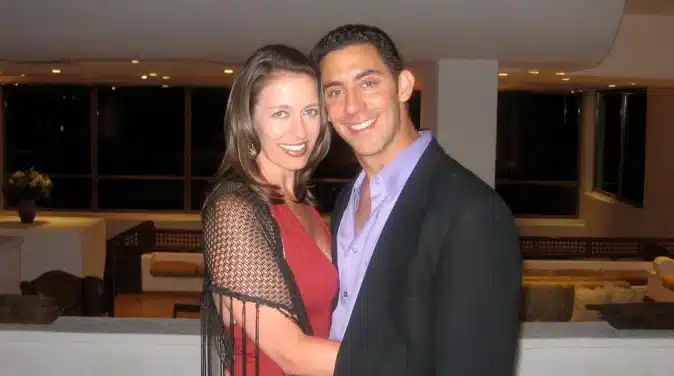Is Marriage Dying Or Just Being Reborn?

- Commitment, Marriage, Studies About Marriage
There’s been far too much blather about the death of marriage. It’s true that there a more single people than ever before. It’s true that equality in the workplace has negated the financial need for women to find husbands. It’s true that the stigma of being single has gone way down since the ’60’s.
Yet the vast majority of people eventually get married – just at a different pace than before. According to my favorite expert on this subject, Stephanie Coontz, “Today the average age of first marriage is almost 27 for women and 29 for men, and the range of ages at first marriage is much more spread out. In 1960, fewer than 8 percent of women and only 13 percent of men married for the first time at age 30 or older, compared with almost a third of all women and more than 40 percent of all men today. Most Americans still marry eventually, and they continue to hold marriage in high regard.”
There’s been far too much blather about the death of marriage.
All the talk about smart, strong, successful women pricing themselves out of the market? Also untrue. “New research by the sociologist Leslie McCall reveals that while marriage rates have fallen for most women since 1980, those for the highest earning women have increased, to 64 percent in 2010 from 58 percent in 1980. Women in the top 15 percent of earners are now more likely to be married than their lower-earning counterparts.”
It’s no surprise to me. With education and upward mobility comes self-esteem, more options, and better decision making. A woman making $100K is less likely to marry a bad man simply for stability than a woman who has no education and two kids out of wedlock.
Finally, the old statistic that living together hurts your prospects of marriage? It’s history – at least for professional women.
“Two-thirds of couples who marry today are already living together. For most of the 20th century, couples who lived together before marriage had a greater chance of divorce than those who entered directly into marriage. But when the demographer Wendy Manning and her colleagues looked at couples married since 1996, they found that this older association no longer prevailed. For couples married since the mid-1990s, cohabitation before marriage is not associated with an elevated risk of marital dissolution.”
Any suggestion that marriage is a dying institution or a recipe for failure is based on your own experience, not on the actual facts.
As always, if you don’t want to get married and you’d rather be single, that’s your business. But any suggestion that marriage is a dying institution or a recipe for failure is based on your own experience, not on the actual facts.
Click here to read the article and share your thoughts on marriage below. Do you believe in the institution?








Comments